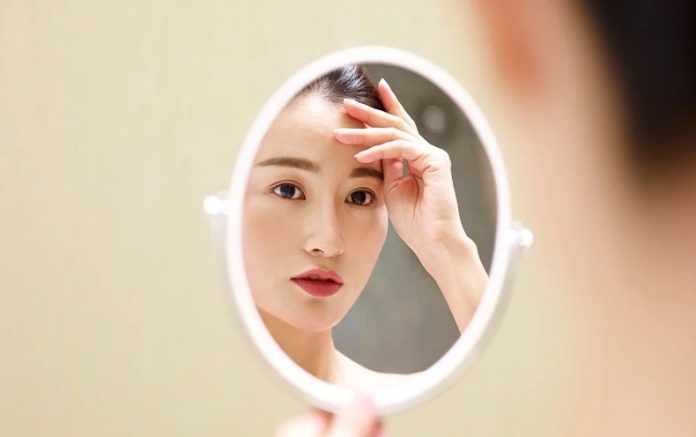The perception of beauty is based on unique individual experiences that have little to do with what is marketed as beautiful by the manufacturers of clothes and cosmetics and oddly is not genetic in origin either. Laura Germine of Massachusetts General Hospital and Harvard University and Jeremy Wilmer of Wellesley College are the first to prove the validity of the adage that beauty is in the eye of the beholder with the caveat that eye should mean experience.
The most telling information about the differences that people have in the perception of who is beautiful came from a comparison of the views of beauty in identical twins and fraternal twins. The differences in preference for any particular individual’s looks were so divergent that the researchers conclude that no genetic reason can exist for a person’s perception of who is beautiful. Identical twins are genetically the same but differ in experience. The researchers also examined the response to beauty of 35,000 volunteers that were tested at a website designed by the researchers called Test My Brain.
A given individual’s concept of who is beautiful is basically a 50 to 50 proposition. The decision about beauty is oddly enough not based on societal norms, money, where a person lives, or the concepts of beauty promulgated by media trying to sell a product or a person. Beauty is a unique perception based on personal experiences that any individual has with their friends and peers more so than with their family.















